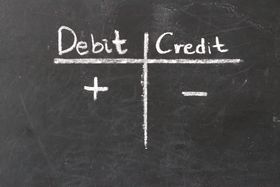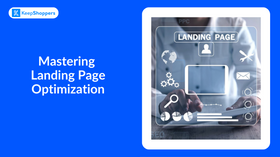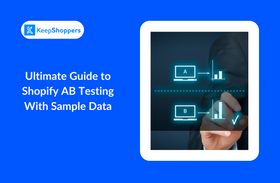Why You Need Cash Flow Forecasting for Your Ecommerce Business
Cash flow forecasting is essential for all ecommerce businesses. Learn about the benefits and risks of cash flow forecasting for ecommerce here.
Published October 25, 2022
A cash flow forecast is an estimate of future cash flow based on historical, current, and expected future income and expenses. In its simplest form, a cash flow forecast is the cash received minus the cash spent in a certain known time period transposed over a future time period. This selected period and its various cash events must be relevant and comparable to the future time period, called a time horizon.
In ecommerce, effective use of cash flow forecasts can boost your business and improve your understanding of what's happening under the hood.
The Benefits of Cash Flow Forecasting for Ecommerce
Forecasting your income and expenses based on historical data and expected future data is an important tool for any ecommerce business. Its most important use is in decision-making, allowing you to have a top-down view of how much cash you will have in hand to invest in various areas, such as new product lines.
Although a cash flow forecast is essential to all ecommerce businesses, it is even more so for smaller stores such as Shopify entrepreneurs with limited products and sales each month. Not having a cash flow forecast can result in a loss if the cash flow cannot keep up with expenditure. More in-depth cash flow forecasts reveal where cash is tied up for too long and can potentially be freed up.
Are There Risks to Cash Flow Forecasting?
It's important to note that cash flow isn't the same as profit. Your ecommerce store may make a significant profit, but have a low or slow cash flow, and vice-versa. As such, it's important to identify where cash flow forecasting will work for the business' specific use case and where it's limited. For example, cash flow forecasting cannot predict unexpected changes in the market, contract changes, price changes, sales figures, and other unknown future events.
It's important to use cash flow forecasts in conjunction with other forecast tools for maximum efficacy, as well as proper bookkeeping practice to ensure that your financial records are accurate.
Related Articles

Utilizing Shipping Insurance for Your Shopify Store
Brody Hall
June 13, 2021

How to Find and Work With Shopify Experts
Brody Hall
February 10, 2023

Double Entry Accounting: What It Is and How It Works
Brody Hall
February 10, 2023

Mastering Landing Page Optimization: The Key to Conversion Success
Adeel Qayum
August 4, 2023

Ultimate Guide to Shopify AB Testing With Sample Data
Jameela Ghann
November 8, 2023
